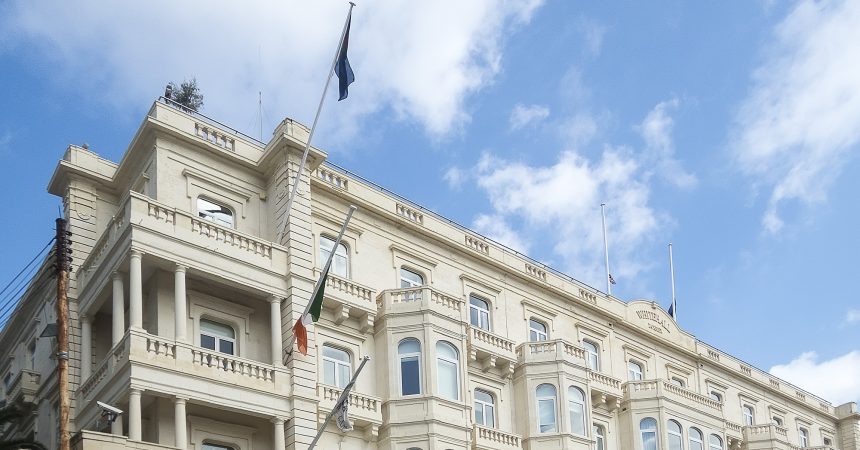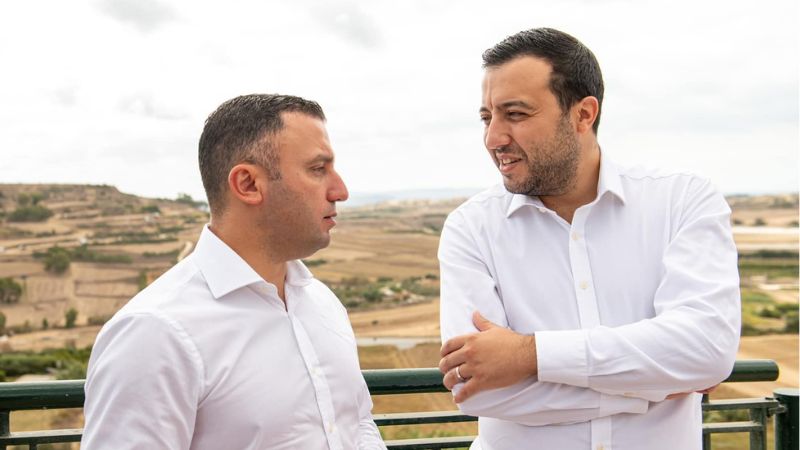The press did not choose to inform us about Pilatus Bank’s efforts to silence it until they had been outed by entirely private action on Facebook.
It’s fairly clear that the rule of law in Malta has been severely weakened in recent years. A legal system which relies on trust and trustworthiness – an assumption that officers of the State will behave honourably – is especially vulnerable to manipulation by the criminal-minded. In these circumstances, it is hardly surprising that prosecutors and financial authorities operate as a shield for those who should fear them. In short, our Constitution does not do enough to guard against institutional capture by nefarious interests.
Meanwhile, there is significant evidence that the print media has been bullied into adopting a less than robust stance when faced with threats of legal action by government associates at Pilatus Bank. For all we know, this is but one of several similar efforts to silence the press; we cannot know for certain because the press did not choose to inform us about Pilatus Bank’s efforts until they had been outed by entirely private action on Facebook. The only message we can take from this is that we should be cautious of putting our trust in media outlets which have colluded in a lie.
In these circumstances, it may appear that the rule of law and democratic governance are not only on their last legs but well and truly defunct. But the rule of law does not rely only on prosecutors, and an independent press is not the sole guarantor of genuine democracy. Individuals – you and I – are able to hold the powerful to account through private action to expose the corrupt.
This was the great power of Daphne Caruana Galizia’s blog. She was able to expose the corrupt because she commanded the trust of individuals who were willing to talk. And when she discovered reliable information, she didn’t hesitate to communicate that information in the strongest possible terms.
But Daphne could only do so much. She was reviled by many for holding up a mirror to Maltese society. She decried a Maltese culture which not only tolerated corruption but embraced it with some enthusiasm; a culture in which the promise of crumbs from the table of ringleaders, and the promise of a quiet life, were preferred to a fight for clean governance. This culture has a share in the guilt of her assassination.
Corruption that runs as deep as it does in Malta is almost certainly known to more than its immediate beneficiaries. A code of silence – omertà – appears to be engrained in the Maltese psyche. We protect the corrupt through our failure to expose them. We protect them by hoping that they will share their spoils, even if not quite equally. We protect them because life is easier that way; it’s easier not to draw attention, to just rub along.
A robust legal system requires not only enforcement by the officers of the State, but the tireless opposition of the hundreds of thousands whose rights they are supposed to protect. This is our great power. More importantly, it is our great responsibility. Failure to act is collusion in the great corrupt takeover.














The FBI takes a dim view of American citizens participating in corrupt practices (and presumably money laundering) outside the territory of the USA and has laws in place to prosecute perpetrators.
Trump is trying to repeal these laws on the grounds that they reduce US companies’ ability to compete. (I’m sure Joseph Muscat would agree with Trump, on this and other issues.)
The COO of Pilatus Bank is a US citizen. Someone should pass the relevant FIAU reports to the FBI.